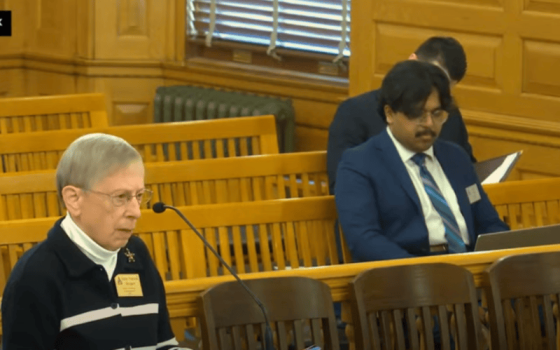Ramdeo Chankar Singh, 44, honorably discharged from the Army nine years ago, believes he is fully qualified to become a U.S. citizen, and has been trying to become one for almost a decade. But immigration officials are telling him he doesn’t meet the eligibility requirements.
Not only that, Singh, married to a Trinidadian native like himself, and with two U.S.-born children ages 10 and 5, is now facing deportation.
“They are, in effect, saying I am a man without a country,” Singh said in a telephone interview from his home in Queens, N.Y. “I don’t understand this.
“I’ve been paying my taxes for years, have never got into trouble with the law and served in the military for nine years. I don’t need to buy my citizenship; I believe I have earned it.”
After passing his naturalization test back in September 2004, he was initially told by the U.S. Department of Justice that his citizenship application “has been recommended for approval.”
But final approval was never granted, and on Dec. 1, 2004, Singh was told that his petition was denied because he did not “meet the requirements” of the provision of the Immigration and Nationality Act, under which he had filed.
So far Singh has spent nearly $60,000 in lawyers’ fees in his citizenship fight. He has written pleas for help to lawmakers, especially congressional representatives from New York, such as Rep. Gregory Meeks and Sens. Charles Schumer and Hillary Clinton, who is now secretary of state.
Singh said nothing has come of those pleas to date.
His case reflects the complex relationship between the federal government and immigrants in the armed forces. Undocumented immigrants aren’t allowed to join the military, but if they find a way to get in, immigration laws sometimes provide them a path to citizenship.
Through its proposed DREAM Act, the Obama administration hopes to bolster enlistment partly by legalizing some undocumented immigrants willing to join the military. The Senate rejected the DREAM Act last December, but administration officials are trying to get it reintroduced.
Singh joined the Army in 1991. He went to war-torn Kosovo in 1999, working as a licensed practical nurse with the rank of sergeant. In March 2001, he was honorably discharged. Two years later, he filed for naturalization.



